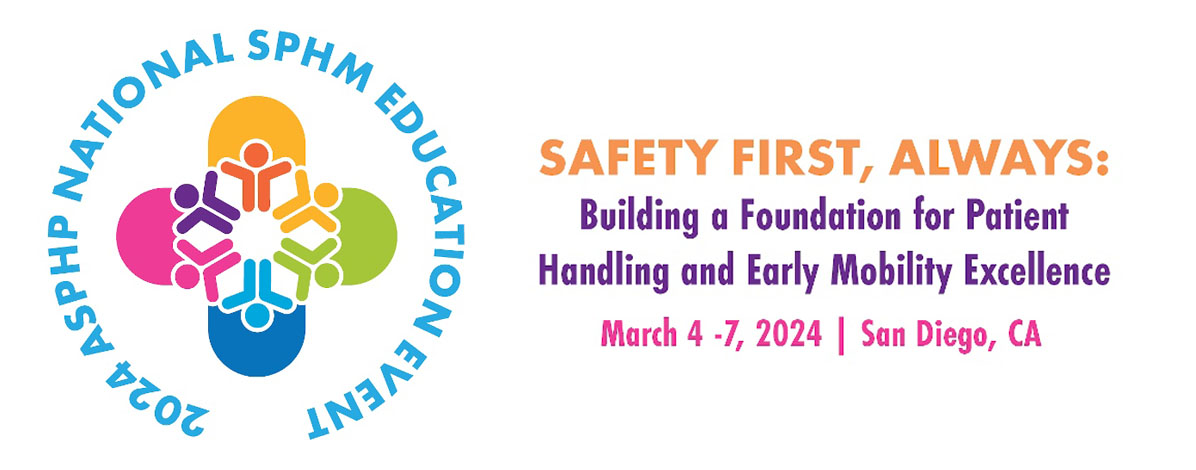Ode to a Healthcare Worker
Do you remember the song by Merle Travis and sung by Tennessee Ernie Ford entitled Sixteen Tons? It told the story of coal workers in the 1940s. You may search for it on the internet to view a YouTube rendition or otherwise obtain the song. Some of the initial lyrics follow:
Some people say a man is made outta mud
A poor man´s made outta muscle and blood
Muscle and blood and skin and bones
A mind that´s a-weak and a back that´s strong.
You load sixteen tons, what do you get?
Another day older and deeper in debt
Saint Peter don´t you call me ´cause I can´t go
I owe my soul to the company store.
I believe there are parallels between the plight of coal workers in the 1940s and healthcare workers today, the most evident being the excessive physical demands of their jobs. The following lyrics that I wrote describe the current day plight of healthcare workers:
Ode to a Healthcare Worker
Healthcare worker is made out of love
Care for people that came from above
Lifting and pulling and holding hands tight
To end up broken don’t seem right!
They move 1.8 tons and what do they get?
Another day older disabled and bent.
St. Peter when you call them be sure to know
The body is broken but the spirit aglow!
Owed to a Healthcare Worker: A Safe Workplace!
The 1.8 tons in the lyrics above is the patient weight that the average healthcare worker must lift in a typical day. Unlike the coal worker moving coal, the healthcare worker has no handles to grab ahold of to move this weight. They are dealing with a living human being that must be handled with care. The patient/care recipient sometimes resists this movement, requiring the healthcare worker/care provider to generate even greater force to complete the movement or provide support.
In 2014, registered nurses ranked sixth among all occupations for the number of cases of musculoskeletal disorders resulting in days away from work, with 11,360 total cases. Nursing assistants reported 20,020 cases in 2014, the second highest of any profession. The leading cause of these health care employees’ injuries is patient lifting, transferring, and repositioning injuries, which constitute a significant risk to the health and welfare of those employees under the Occupational Safety and Health Act of 1970.
This is an enormous amount of preventable harm to healthcare workers. There is also resultant harm to healthcare recipients. Effective safe patient handling and mobility (SPHM) programs prevent this harm. Help to provide what is owed to a healthcare worker: a safe workplace!
Colin J. Brigham, CIH, CSP, CPE, CPEA, CSPHP, FAIHA
Past Member of the Board of Directors
Association of Safe Patient Handling Professionals
www.asphp.org
484-883-2777 (Cell)
cjbrigham@msn.com
COVID-19 Amendment
The ode above was written in 2016. The COVID-19 pandemic started spreading around the world in early 2020. As of March 11, 2021, it has resulted in 118 million cases worldwide and 2.6 million deaths. There have been 29.2 million cases in the United States and 592,000 deaths.
This pandemic illustrates the critical role that healthcare workers serve in protecting our population and society from harmful exposures, and enabling patient survival and recovery. In doing so, healthcare workers may be exposed to biological, chemical and physical hazards that put them at risk.
We owe these workers (and those care recipients they seek to serve) environments of care that offer them the best available protection from harm possible. This includes consideration of the design, equipment and maintenance of these environments. It requires proper training and equipping of these workers, including proper personal protective equipment. It requires a process for protection that prevents overexposure while, when those events occur, allows recovery from these exposures. Throughout this process the voices of healthcare workers need to be heard and heeded, ensuring their protection and enabling improved quality of care.

